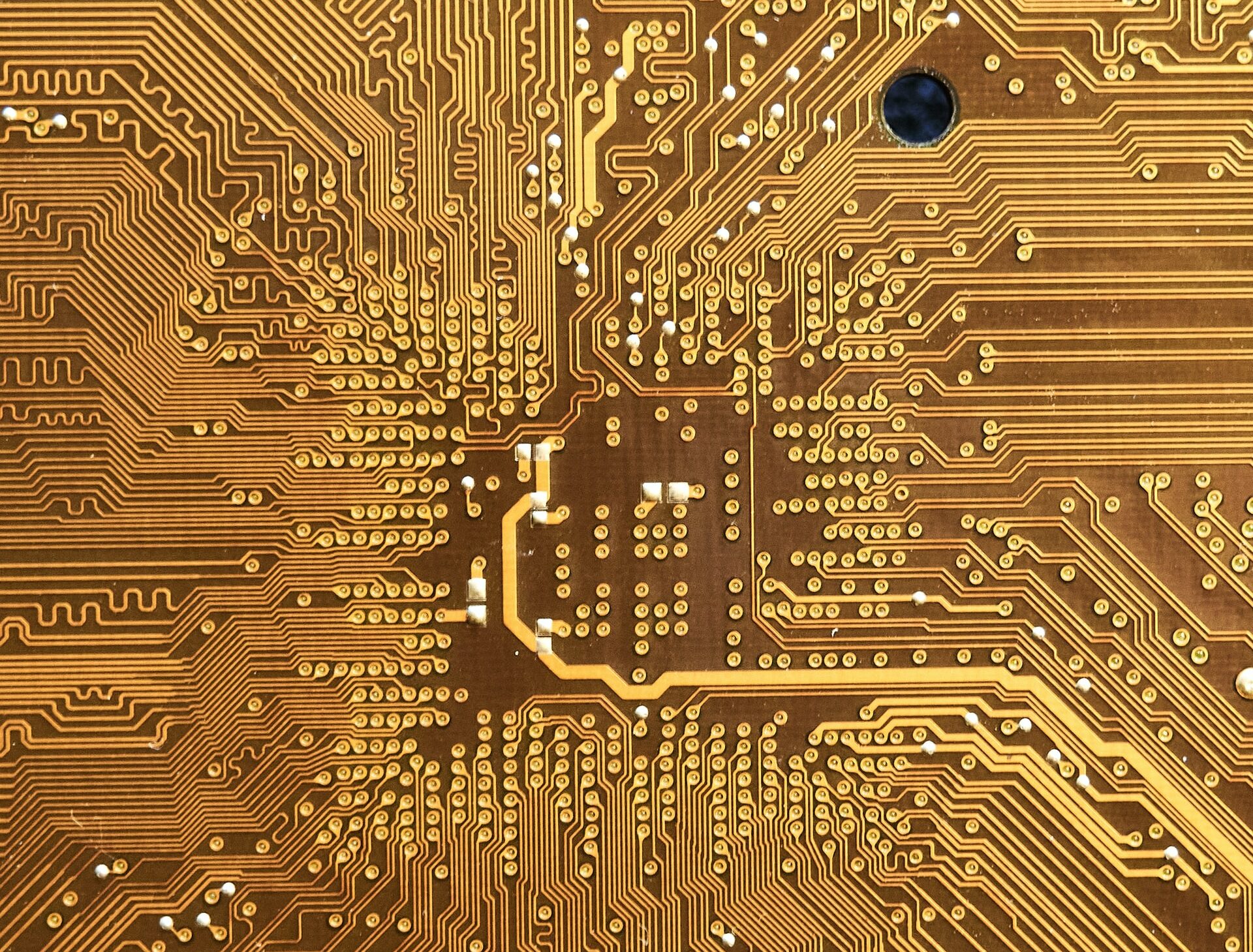How will the technological war between the US and China continue?

A war of the titans for technological domination is underway between the United States and China. The analysis by Davide Petrella, Portfolio Manager of Moneyfarm
Tensions between the United States and China are once again being felt. The world's two most powerful economies are heading towards a potential trade showdown, with the deterioration of diplomatic ties that was marked by US President Joe Biden calling his counterpart Xi Jinping "a dictator" last month.
Of course, this is far from the first time the two superpowers have faced each other on the international stage in recent years. The best known case was the trade war between the United States and China which arose from the bellicose and protectionist position implemented by the former US president, Donald Trump, who had decided to impose tariffs on Chinese steel imports. Since then, the relationship between the two countries has been complicated, with geopolitical (Hong Kong and Taiwan), economic and diplomatic tensions (war in Ukraine).
Recently, US Treasury Secretary Janet Yellen made a diplomatic mission to Beijing to meet with various Chinese government officials. The visit yielded no significant results, but was ostensibly intended to reduce political tensions between the two superpowers. In fact, if you look at diplomacy and politics, you can see some steps forward, which are not found on a commercial level. In this context the narrative is completely different.
The difficulties of the Chinese economy
In recent months, the Chinese economy has reopened after the restrictions imposed due to the Covid-19 pandemic. After an initial phase of expansion, the Chinese economy has undergone a turning point, mainly due to idiosyncratic domestic dynamics and the ongoing global economic slowdown. The most recent data on exports show a decrease of 12.4% compared to June 2022, with imports down 6.8% compared to the same month of the previous year.
It is important to note that the US has long been trying to reduce its dependence on China in the supply chain. Therefore, based on trade balance data, China currently needs the United States more than the United States needs China.
The trade war for new technologies
The US Department of Commerce has announced plans to introduce a new export license for cutting-edge chips against China, which are critical to the development of artificial intelligence (AI) technologies.
In particular, this license would limit the exports of companies such as Nvidia and Advanced Micro Devices, which are among the world's leading manufacturers of graphics cards. The Netherlands is also backing the US in this dispute, as it too wants to limit exports to China by ASML, the world's leading supplier of extreme ultraviolet (EUV) lithography machines used to make advanced chips.
In turn, China did not sit idly by after receiving these blows. Starting in August, restrictions will be placed on the export of certain rare elements, mainly gallium and germanium, which are essential for the development of new technologies in the aerospace industry and beyond. Germanium is widely used in space technologies due to its greater resistance to cosmic radiation and is increasingly used in the production of new generation semiconductors. Gallium, on the other hand, is essential for the development of new batteries in the electric vehicle sector. Currently, China supplies 60% of the global demand for germanium and 80% of that for gallium.
The effects on the financial markets
Currently, it appears that China has taken the hardest hit, with China's CSI artificial intelligence index losing about 18% (in local currency terms) from June 20 to date. On the other hand, there were no significant losses in the AI-related US stock market, with the Nasdaq Yewno Global AI and Big Data Index and the Philadelphia SE Semiconductor Index showing sideways moves over the same period.
While the chip war appears to be favoring the United States in the short term, the ultimate outcome remains uncertain. China's dominance in the production of rare elements could greatly complicate the plans of companies like Tesla, which has announced plans to increase the use of gallium to significantly improve battery efficiency. In addition, US chip companies could be severely affected by limited access to the Chinese market.
Since the beginning of the year, the Nasdaq Yewno Global AI and Big Data index has recorded a performance of 48.01% (in USD), confirming the enthusiasm around the world of artificial intelligence. However, the effects of the chip wars could add uncertainty and volatility in the near term, causing shares of companies like Nvidia to fall, trading well above their fundamental value (latest P/B 52.16).
However, AI as a trend is indisputable. The technology, which has only just begun to show its full potential, will inevitably continue to develop regardless of geopolitical and trade tensions, making it highly attractive as a long-term investment.
This is a machine translation from Italian language of a post published on Start Magazine at the URL https://www.startmag.it/innovazione/stati-uniti-cina-guerra-tecnologica-come-procede/ on Sat, 05 Aug 2023 05:27:28 +0000.
